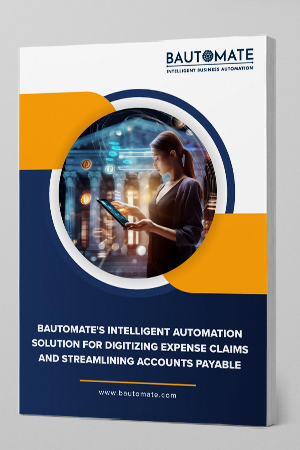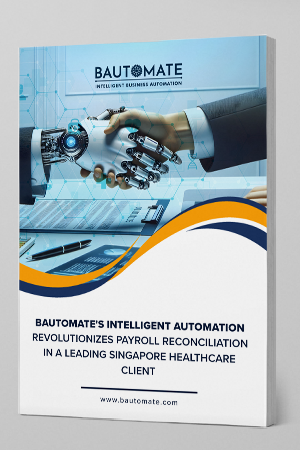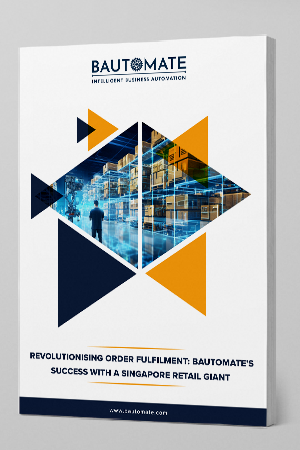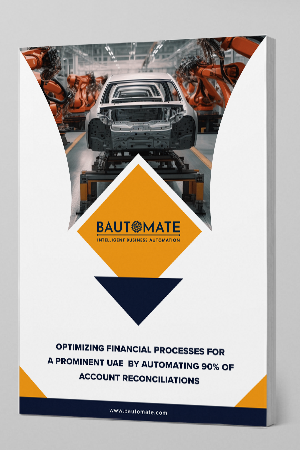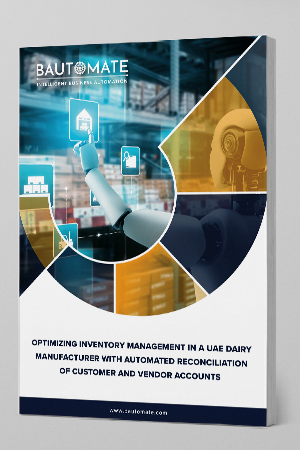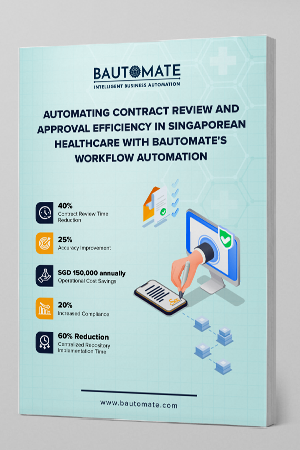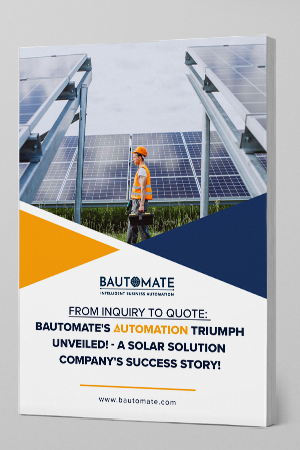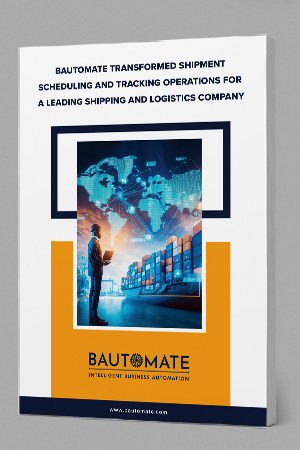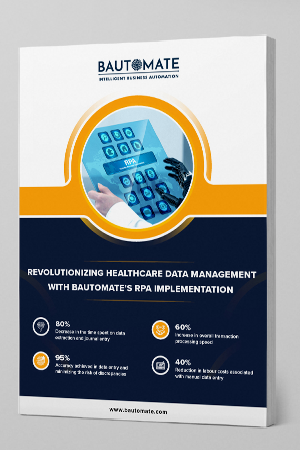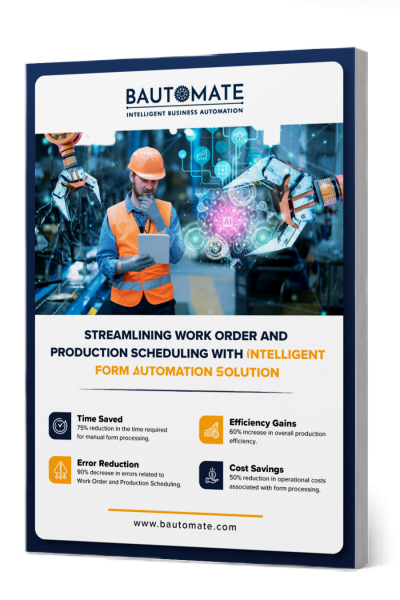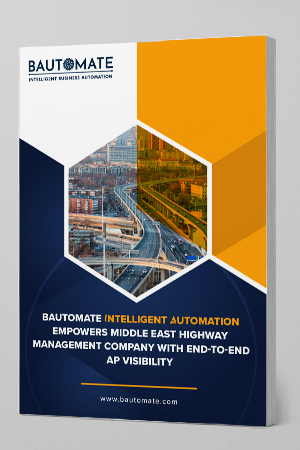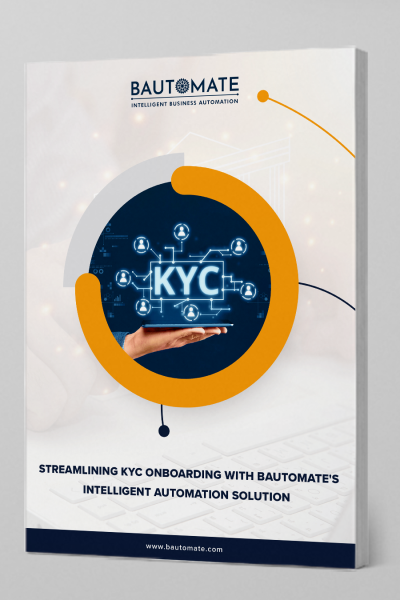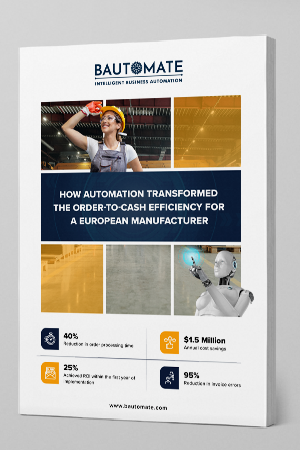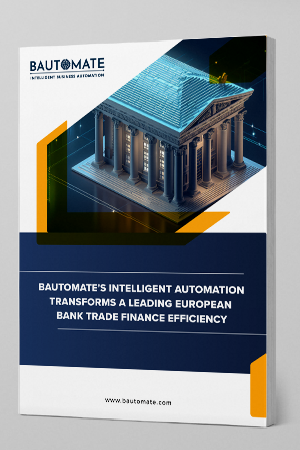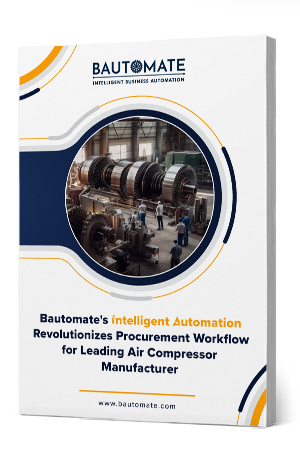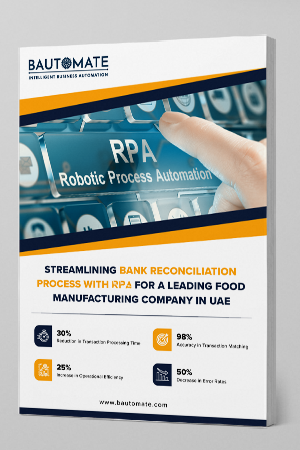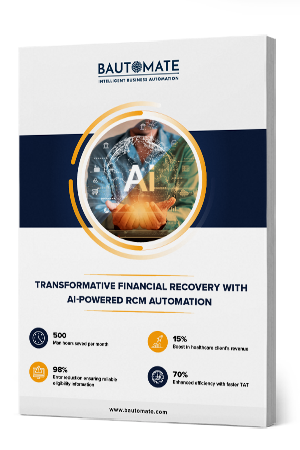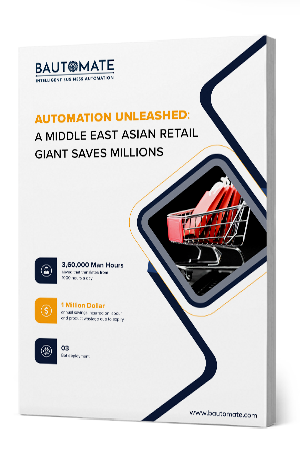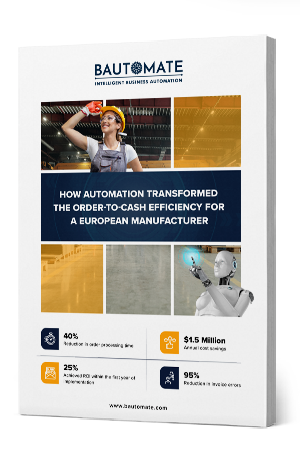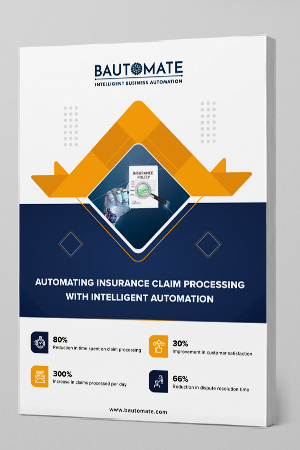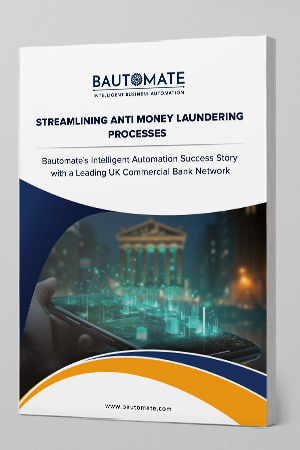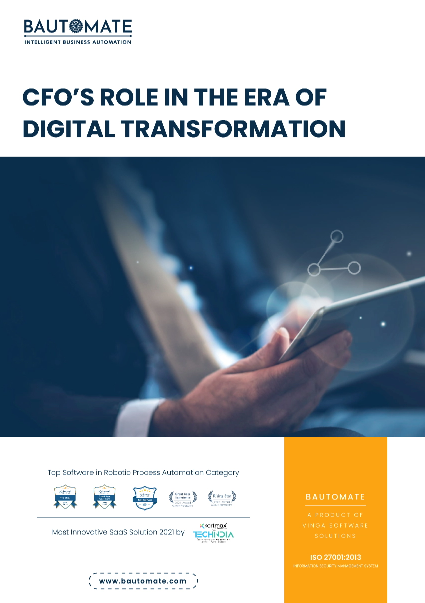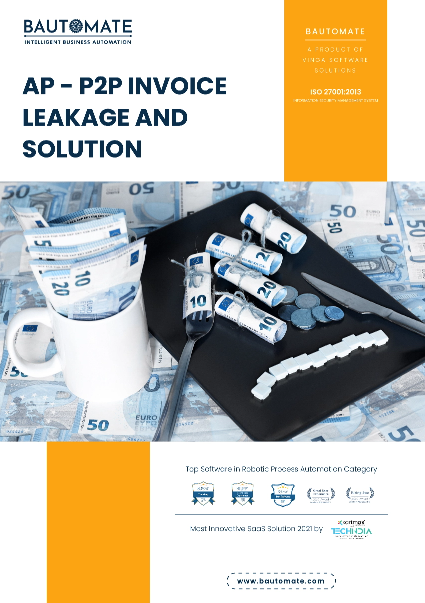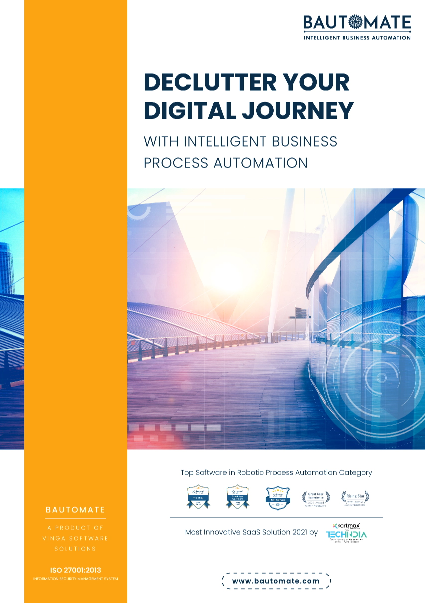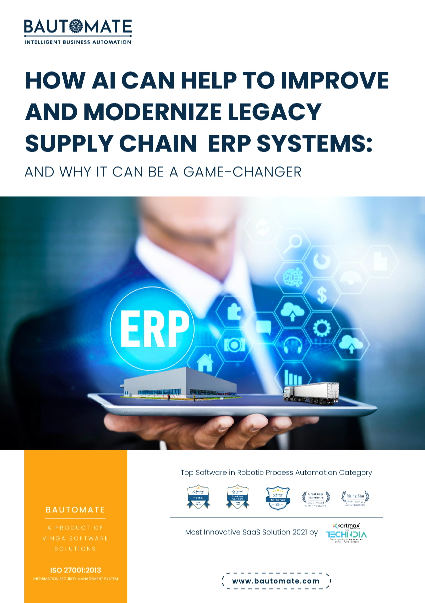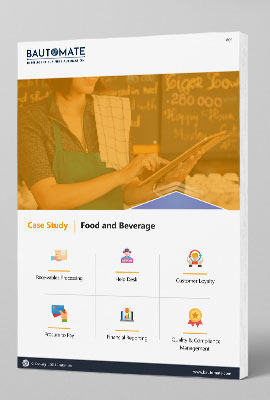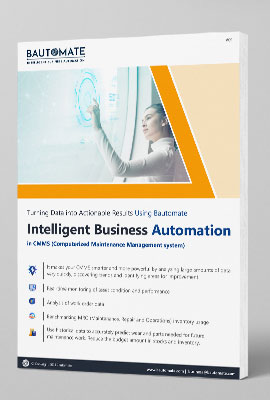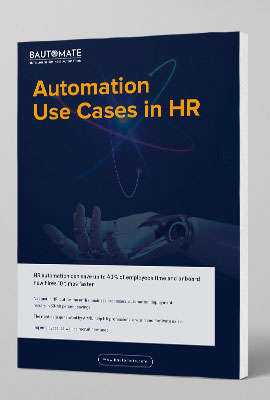
Robotic Process Automation (RPA) is a technology that leverages bots to automate repetitive and rule-based tasks, reducing human intervention and errors. However, RPA is not a one-size-fits-all solution. It encompasses various types, each with its unique characteristics and applications. It offers a pathway to digital transformation for companies with traditional workflows by automating critical business processes at the user interface level without replacing costly legacy systems.
Explore the different types of Robotic Process Automation that organizations are embracing to drive digital transformation and achieve operational excellence.
Attended Automation
Attended automation involves RPA bots that work alongside human employees to complete tasks. These bots are triggered by human actions, such as opening an application or clicking a specific button. This type of automation is ideal for enhancing employee productivity and reducing mundane tasks, allowing employees to focus on more strategic activities. It is commonly used in customer service, where bots assist support agents by providing relevant information, automating data entry, or guiding them through complex processes.
Unattended Automation
Unattended automation, on the other hand, only requires human intervention once the automation process is initiated. It operates in the background, handling scheduled tasks or reacting to specific triggers like receiving an email or monitoring system alerts. Unattended automation is perfect for handling high-volume, repetitive tasks that can be completely automated, such as data extraction, report generation, and data entry. This type of RPA can significantly reduce operational costs and increase efficiency by running 24/7 without breaks.
Hybrid Automation
Hybrid automation combines the features of both attended and unattended automation. It provides organizations with the flexibility to use automation as per their needs. In cases where a task can be automated but requires occasional human intervention, a hybrid approach is ideal. For instance, an HR department can use hybrid automation for the employee onboarding process. The bot handles most paperwork and document verification, but a human can step in in exceptional circumstances.
Cognitive Automation
Cognitive automation goes beyond rule-based tasks and leverages artificial intelligence and machine learning to handle complex and cognitive tasks. This type of RPA can understand unstructured data, make decisions, and learn from historical data. Cognitive bots can be used in various sectors, for example in finance, they can analyze financial documents, extract key information, and make predictions about market trends. They can also be deployed in healthcare for medical data analysis and diagnosis assistance.
Process Discovery Automation
Process discovery automation is a type of RPA that helps organizations identify processes that can benefit from automation. It involves the use of bots to monitor and analyze how employees interact with various applications and systems. By collecting this data, organizations can gain insights into their workflow and determine which tasks are the most suitable for automation. This type of automation ensures that RPA is applied where it can make the most significant impact, optimizing resource allocation and improving efficiency.
Cloud-Based Automation
With the increasing adoption of cloud computing, many organizations are turning to cloud-based automation. This type of RPA allows businesses to leverage RPA services hosted in the cloud, eliminating the need for on-premises infrastructure. Cloud-based automation offers scalability, flexibility, and cost-efficiency. It is particularly beneficial for organizations that prefer a more agile and accessible automation solution, especially for remote workforces.
Robotic Process Automation is a powerful technology revolutionizing how businesses operate. To make the most of RPA technology, it’s crucial to understand the different categories available. Whether it’s attended automation, unattended automation, hybrid automation, cognitive automation, process discovery automation, or cloud-based automation, each type has its unique advantages and use cases.
The key to a successful RPA implementation is to choose the right type of automation for each specific task or process within your organization. As the RPA landscape continues to evolve, staying informed about the latest developments in the world of automation will be essential to maintaining a competitive edge in the business world. Connect with Bautomate’s RPA experts about your specific needs and challenges to unlock the full potential of your organization’s digital transformation journey.
Request a personalised demo and witness these distinct RPA approaches in action.




